Amid fad diets, people are now adopting intuitive eating – the practice of eating what you want, when and how much. This eating style promotes listening to one’s body and a healthy relationship with food read more
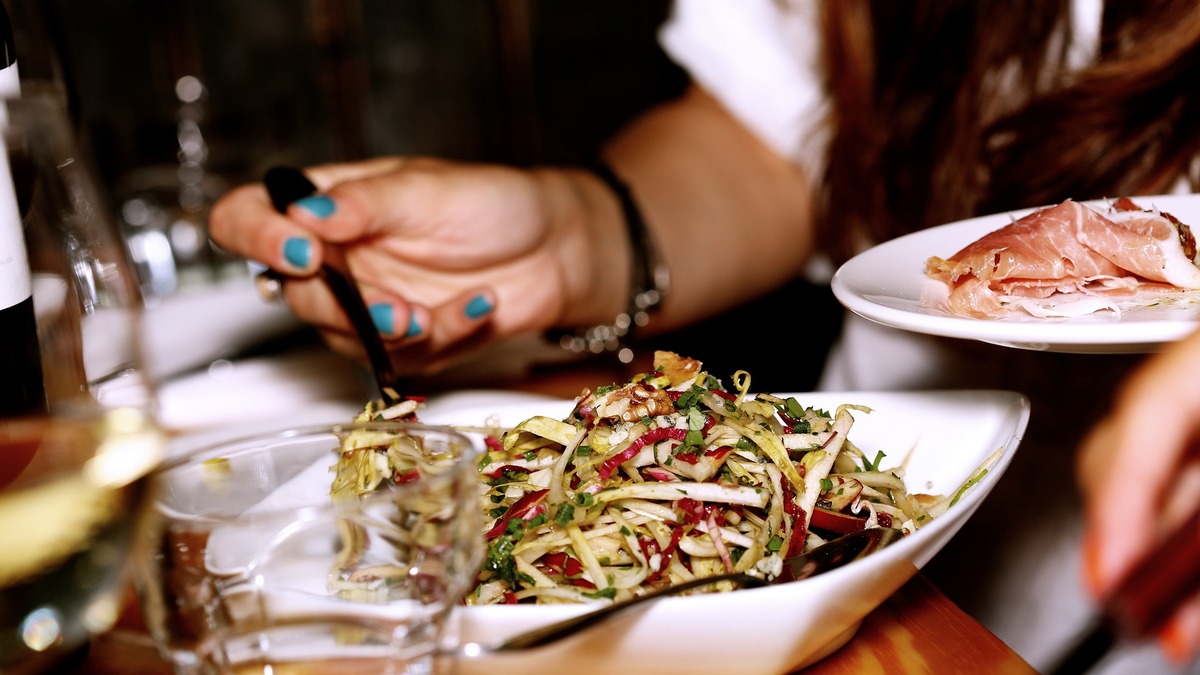)
Intuitive eating promotes a healthy relationship with food. Pixabay (Representational Image)
Are you eating what you want and when you want to? Or are you obsessed with every meal you have and feel guilt after consuming a “cheat meal”?
In a world where restrictive diets have become all too common, a new trend is catching on which helps forge a healthier relationship between food and body.
Intuitive eating is becoming popular among social media users, with videos on the approach generating billions of views on TikTok. But what is it?
Let’s find out.
What is intuitive eating?
Intuitive eating is a practice that encourages listening to one’s body and eating accordingly.
Basically, you eat when you are hungry and stop when you are full.
According to Whitney Linsenmeyer, assistant professor of nutrition at Saint Louis University and a spokesperson for the Academy of Nutrition and Dietetics, intuitive eating “focuses on a person’s internal hunger and satiety cues”, reported The Guardian.
The eating style helps in creating a “healthy attitude” toward food and body image, as per Healthline.
Intuitive eating is not a diet even if it is sometimes packaged as one. In fact, it works against the diet culture.
“Hunger-fullness diet is an extension of intuitive eating. I wouldn’t call it a diet, but it’s a way of eating. In this case, you don’t measure out the amount of food to eat or decide on a specific quantity. Instead, you go with your gut feeling and eat according to the hunger you are experiencing. The important point here is that you should be hungry, not greedy,” nutritionist and author Kavita Devgan told The New Indian Express (TNIE).
The term intuitive eating was coined in 1995 by registered dietitian nutritionists Evelyn Tribole and Elyse Resch.
This eating practice puts the trust in the body to know what kind of foods it needs and how much. “It’s about trusting that I don’t need this meal plan to tell me what to eat,” Linsenmeyer told The Guardian.
Speaking to South China Morning Post (SCMP), Reshma Kardekar, a dietitian and nutritionist at the SAS Diet Learning Academy in Mumbai, said that the basic idea of intuitive eating is to eat when you are hungry. But if you do not eat until the hunger becomes uncontrollable, not only will you consume more food but also end up “choosing the wrong foods”.
Intuitive eating is also not a weight loss method.
Physical vs emotional hunger
When following fad diets, we often forget to trust our body and its instincts.
This can also be due to trauma, chronic illness, or stressful work environments. “Work stress separates people from their bodies, from their needs,” Michelle Allison, a registered dietitian in Canada, told The Guardian.
Intuitive eating helps us regain that lost trust.
As per Healthline, to practice intuitive eating we must know the difference between physical and emotional hunger.
Physical hunger is a message from the body in the form of a growling stomach, fatigue, or irritability to eat.
Emotional hunger is triggered by feelings like sadness, loneliness, and boredom which can make us crave food. We often resort to comfort food in such situations that cause guilt and self-hatred, noted Healthline.
Benefits of intuitive eating
Intuitive eating helps us develop a better relationship with food, instead of a fear-based one. The eating style is also linked to several physical and mental health benefits.
According to SCMP, intuitive eating can improve digestion and enhance satiety with less food.
As per an analysis of 97 studies published in the _International Journal of Eating Disorder_s in 2021, intuitive eating was linked with positive body image, self-esteem and well-being.
Swathi Nair, a teacher based in Kerala’s Munnar, who switched to intuitive eating (IE) after following a restricted calorie diet, told SCMP last year, “After a month of following the new routine, I saw a dramatic improvement in my body image and quality of life. I took control of what and when I ate.”
“IE doesn’t impose guidelines. It aims to enhance an individual’s connection with their bodies organically through food.”
Research published in the journal Eating and Weight Disorders in 2021 claimed that eating according to the body’s needs helps keep blood sugar in check.
Another study published in 2022 found that people who followed intuitive eating were less likely to indulge in harmful practices like taking diet pills or binge eating.
Linsenmeyer told The Guardian that some research suggests that intuitive eating can help improve people’s lipid levels and blood pressure.
ALSO READ: Explained: How extreme diets affect your bone health
How it varies from mindful eating
While the terms have been used interchangeably, Allison told The Guardian that mindful eating and intuitive eating are not completely the same.
Mindful eating is a technique that involves engaging one’s senses while eating and being present in the moment while consuming food.
It helps in reducing the stress related to eating by noticing hunger and satiety levels. However, Allison said those who have had undertaken restrictive eating disorders can sometimes be “too mindful” and focusing on their bodies could be too much for them initially, the British newspaper reported.
Can eating whatever you want be harmful?
Picture this: you are adopting intuitive eating and consuming chocolates and fast foods when you want and how much you need.
It does not sound healthy, does it?
This is a fear, which experts say, many people have.
An article on Harvard University’s TH Chan School of Public Health website warns that intuitive eating “does not address the concept of food addiction from ‘hyper-palatable’ foods, which can lead to food cravings”.
Quelling these worries, Linsenmeyer told The Guardian that when a person eats intuitively, gorging on “hyper-palatable” foods would not satisfy them for long.
“Overeating or eating only junk food doesn’t feel good physically, and it doesn’t feel good mentally,” she said, adding that bodies “desire” nourishing food.
Everyone’s body and nutritional needs are different. It is important to take your health conditions, including allergies and medications, into account before adopting any trend.
With inputs from agencies

 3 months ago
16
3 months ago
16

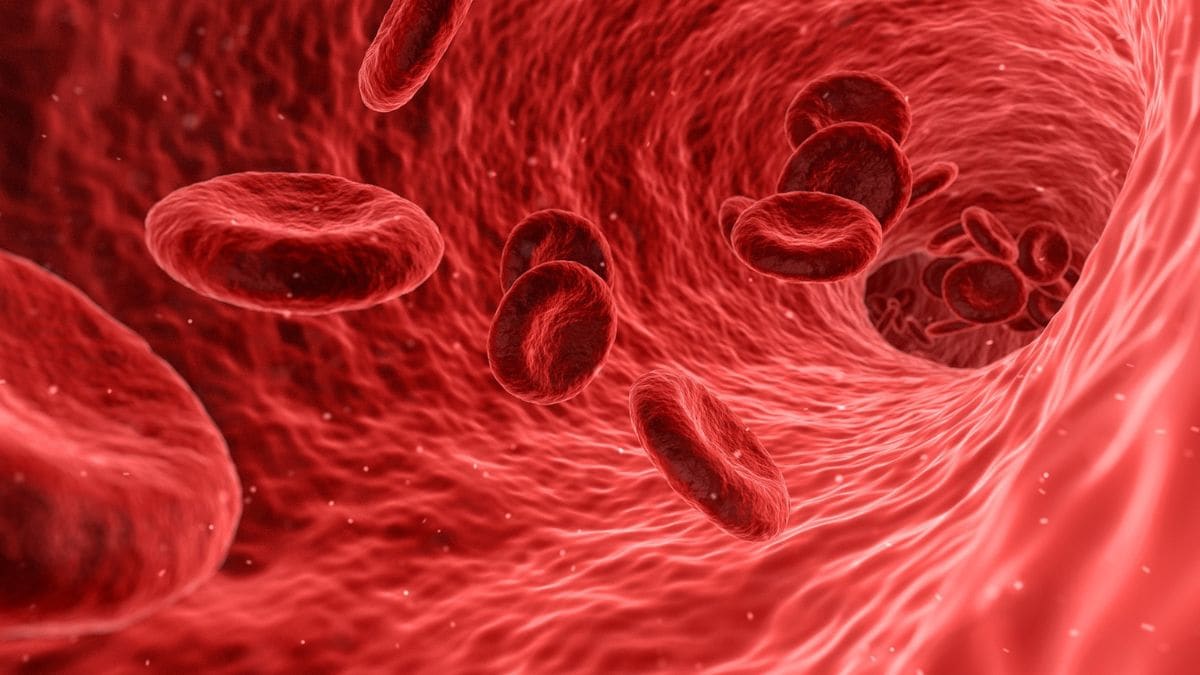




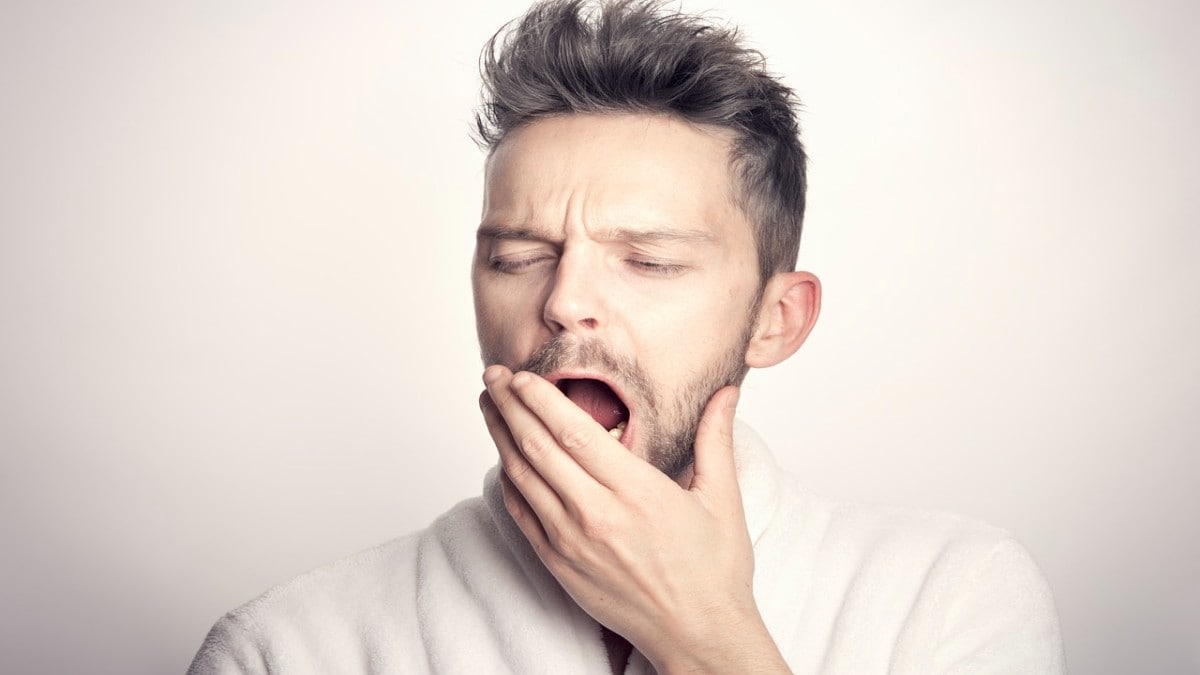
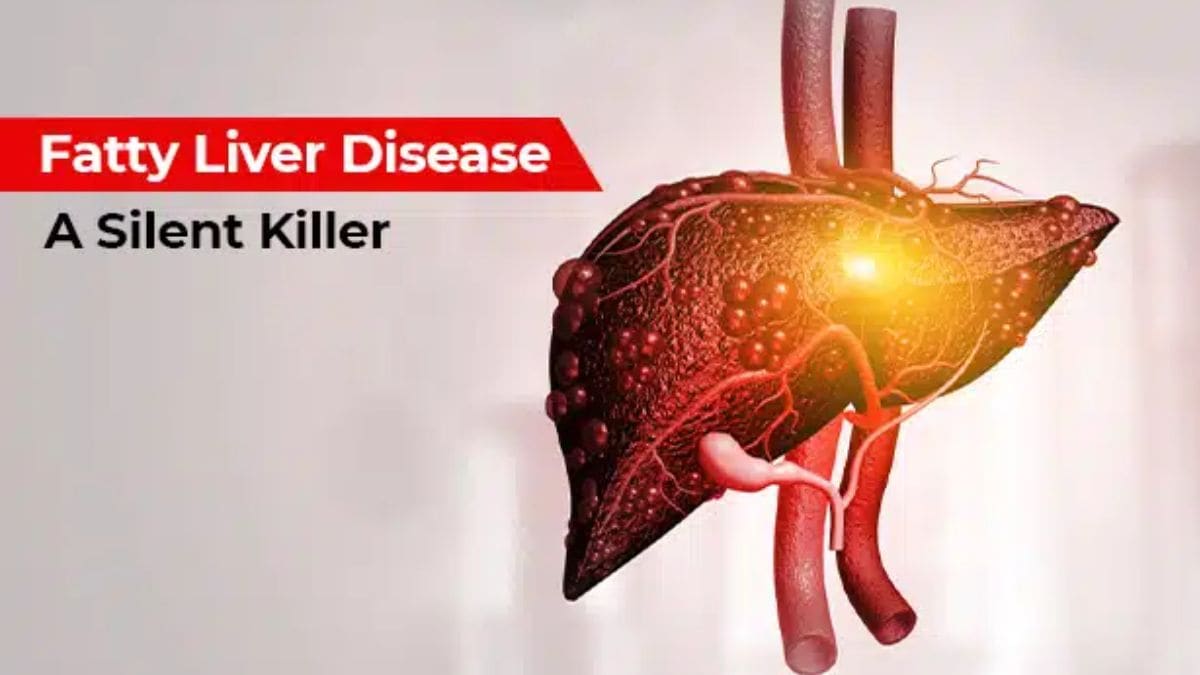








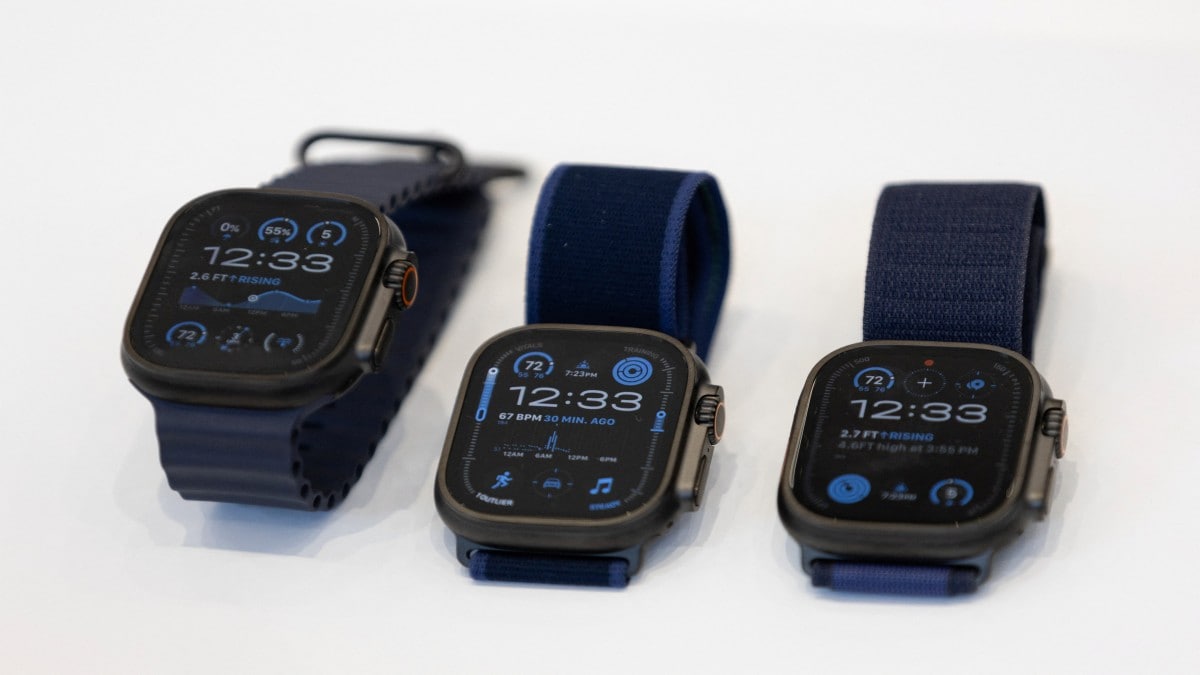

)
)
)
)
)
)
)
 English (US) ·
English (US) ·